Compared to the period before 2000, when the region only had Can Tho University, up to now, the Mekong Delta has 17 official universities, along with a number of branches and many prestigious colleges. However, the shortage of well-trained and highly qualified workers is still a pressing issue.
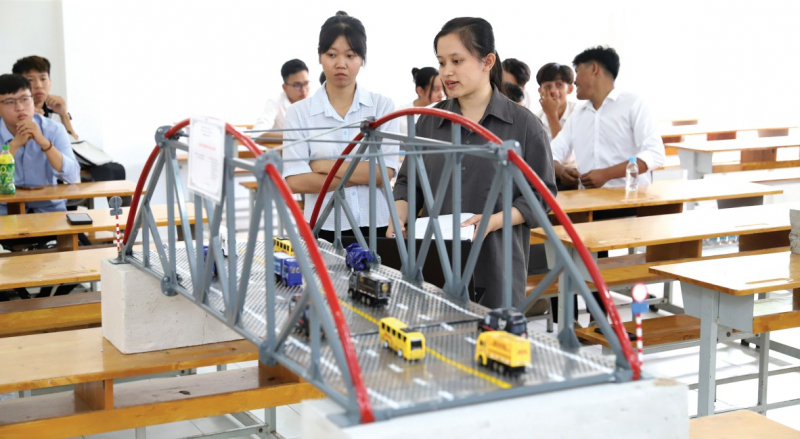
A report from Tra Vinh University in Vinh Long indicates that despite possessing abundant labor resources in terms of quantity, the Mekong Delta region in general and Vinh Long in particular are facing many difficulties related to the qualifications and structure of human resources.
The proportion of workers with training certificates in the region is only 14.9%, while the proportion with a university degree or higher is only 6.8%, the lowest figure in the country. About 40.8% of workers have working hours of 40 to 48 hours per week, and 31% work more than 48 hours per week. Notably, the proportion of wage workers without labor contracts is higher in rural areas than in urban areas (9.3% vs. 6.6%).
Despite its large workforce, Vinh Long’s economy is facing a huge gap between its existing workforce and the demands of its priority economic sectors. Business organizations, especially those with foreign capital, often face difficulties in finding highly qualified personnel with foreign language proficiency and technical skills.
This reflects a serious disconnect between the education and training system and the demands of the job market. The current human resource, although abundant, lacks the skills required by modern economic sectors such as clean energy, logistics and manufacturing.
Ms. Vo Thi Thu Huong, Deputy Director of the Vietnam Confederation of Commerce and Industry (VCCI) - Mekong Delta Branch, said: From 2019 to 2023, labor productivity in agriculture in the Mekong Delta increased by only 51%, while the Red River Delta achieved a growth rate of 123% thanks to the application of advanced technology. The number of newly established enterprises each year in the Mekong Delta is still quite limited. Low profit margins lead to low income and few job opportunities. The Mekong Delta is facing the phenomenon of workers moving to other areas to find jobs.
A survey of 150 VCCI member enterprises in 2025 showed that 43.6% of enterprises have the need to implement green transformation but lack specialized human resources. Regarding the desire for support, enterprises want to train human resources (54.7%) and connect with experts (42.5%). This figure reflects the need for human resources to be invested more time to perfect the ability to transform to a green economic model.
Associate Professor, Dr. Luong Minh Cu, President of Cuu Long University, emphasized that the school always advocates that training must be linked to practice. More than 150 domestic and foreign enterprises, companies, and partners have signed cooperation agreements on training, internships, and recruitment with the school through the Center for Startup Support, the Center for International Study Abroad and Employment; over 90% of graduates have jobs, many majors reaching over 95%. Cuu Long University has proactively implemented many international cooperation programs: receiving nearly 700 international students from Laos, Cambodia, Japan, Korea, India, Sri Lanka, Taiwan (China) to study, contributing to the development of high-quality human resources.
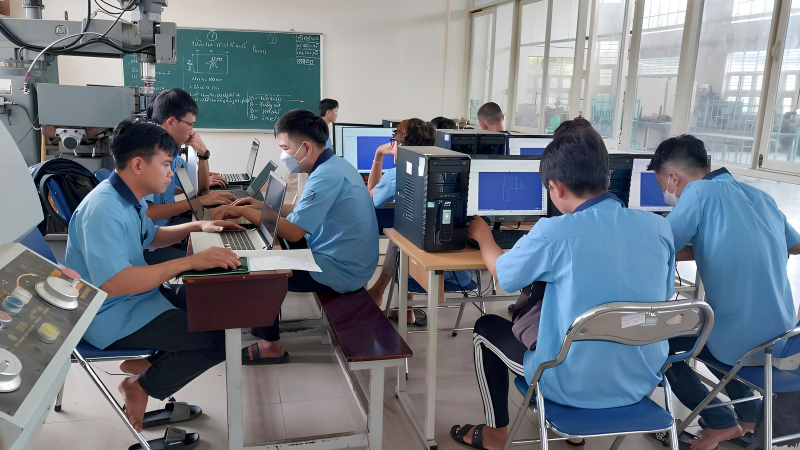
To address the gap between supply and demand, Tra Vinh University also proposed a strong shift in the training model towards anticipating economic development trends, focusing resources on key economic sectors identified by the province: Renewable energy industry (wind power, solar power), Logistics, High-tech agriculture and agricultural processing industry, Ecotourism and marine tourism. This requires close coordination with businesses right from the program design stage.
According to Associate Professor Dr. Tran Trung Tinh, Rector of Can Tho University, the school is orienting to develop high-quality, excellent and talented training programs for strategic sectors in the era of the 4.0 industrial revolution. Can Tho University aims to reach a scale of 60,000-70,000 students by 2030, in which STEM majors (science, technology, engineering and mathematics) account for 50% of the total number of students.
At the same time, the school cooperates in training high-quality human resources at the undergraduate and postgraduate levels; improving the capacity of leaders and technical staff. Prioritizing key technology fields such as engineering technology, information technology, artificial intelligence, semiconductor microchips, biotechnology, high-tech agriculture and processing.
Recently, the Department of Science and Technology of Can Tho City signed a cooperation agreement on training human resources in the electronics and semiconductor industry with the Polytechnic School (Can Tho University), Can Tho University of Technology and Sun Edu International Education Joint Stock Company.
Mr. Ngo Anh Tin, Director of the Department of Science and Technology, said that this signing helps Can Tho City keep up with the world's high-tech development trend, creating conditions to attract investment and affirming Can Tho's role as a science and technology center.
Source: https://cand.com.vn/giao-duc/giai-quyet-bai-toan-khan-hiem-nhan-luc-trinh-do-cao-i784890/




![[Photo] Nhan Dan Newspaper launches “Fatherland in the Heart: The Concert Film”](https://vphoto.vietnam.vn/thumb/1200x675/vietnam/resource/IMAGE/2025/10/16/1760622132545_thiet-ke-chua-co-ten-36-png.webp)











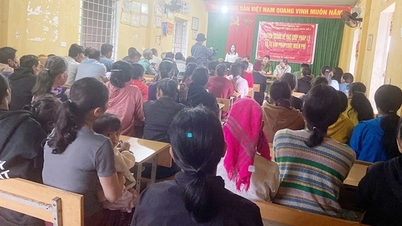
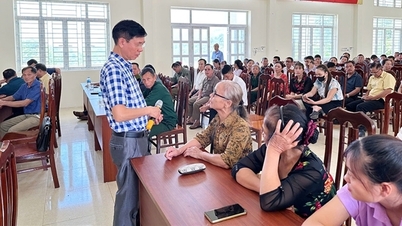





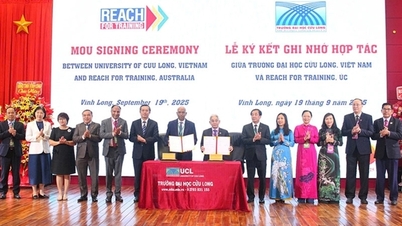



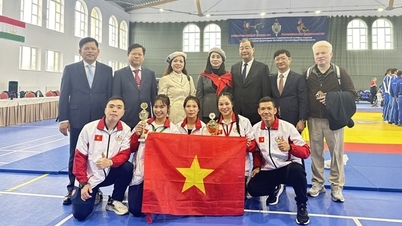


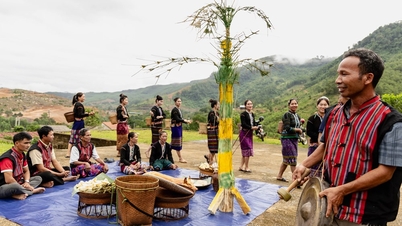



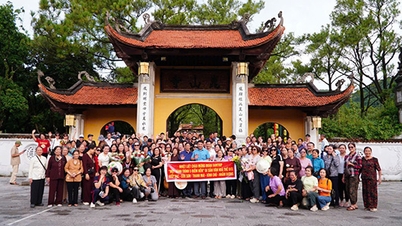




















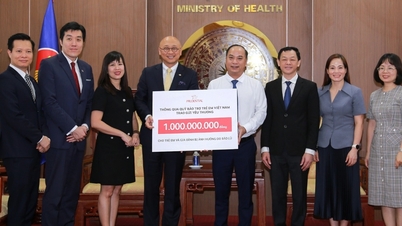
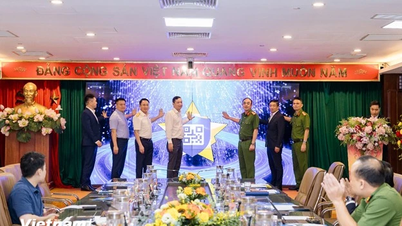
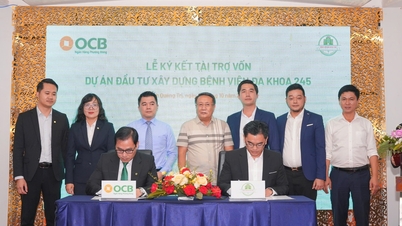














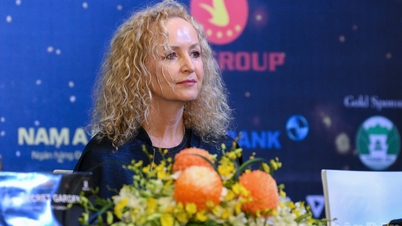
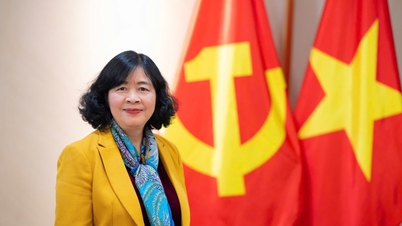
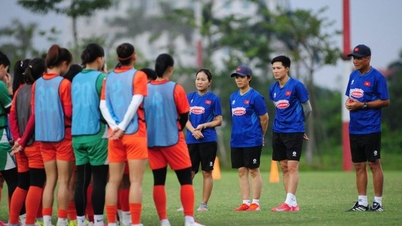

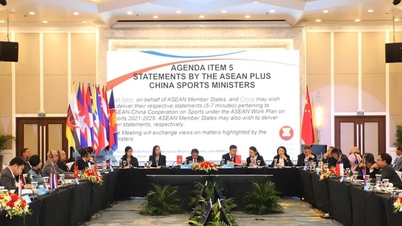
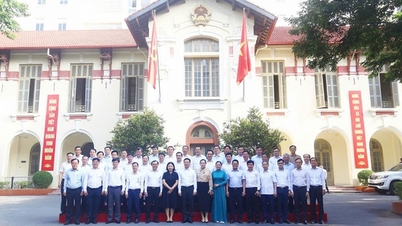



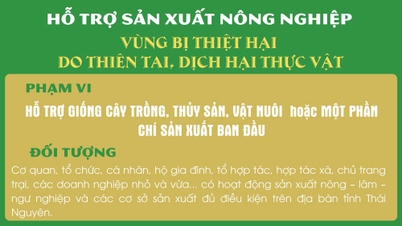







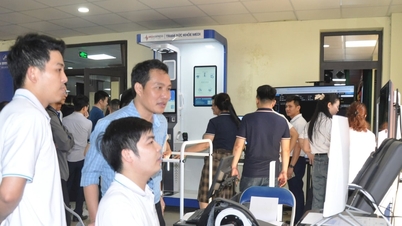



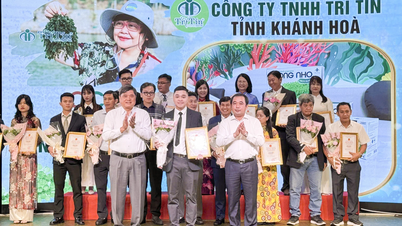
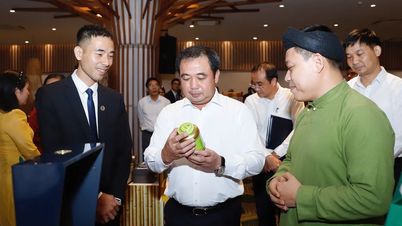













Comment (0)